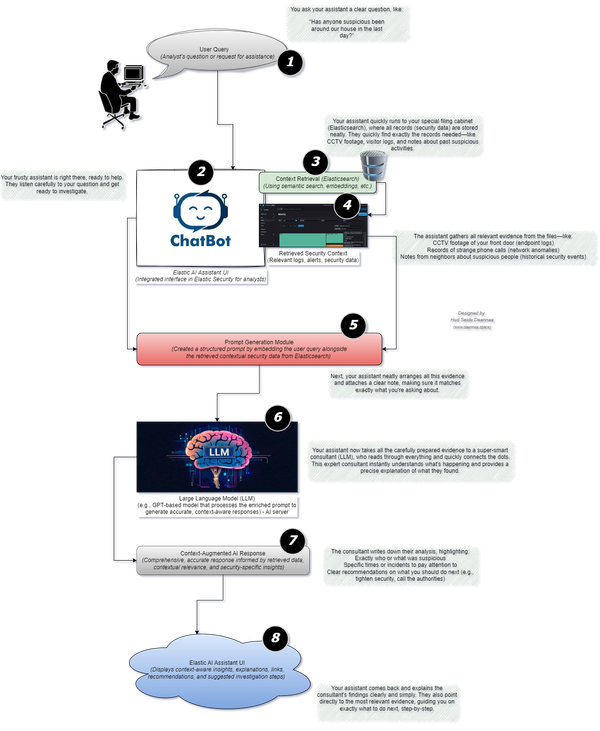Quantum Computing: The Clock is Ticking on Today's Encryption
Quantum computing threatens to break current encryption, exposing sensitive data. Urgent need for quantum-resistant cryptography to secure the future.

Quantum computing is poised to revolutionize technology in ways we are just beginning to understand, and its impact on cybersecurity is perhaps the most profound. At the center of this disruption is the vulnerability of current encryption algorithms—methods that have long been the cornerstone of digital security.
Traditional encryption techniques, such as RSA (Rivest–Shamir–Adleman) and ECC (Elliptic Curve Cryptography), are based on complex mathematical problems, like factoring large integers or solving discrete logarithms. These problems are so difficult that even the most powerful classical computers would require thousands, if not millions, of years to solve them. As a result, these algorithms have been trusted for decades to protect sensitive information, secure online transactions, and safeguard communications.
However, the advent of quantum computing changes this landscape entirely. Quantum computers leverage the principles of quantum mechanics, using quantum bits, or qubits, to perform calculations at speeds that are orders of magnitude faster than classical computers. Shor's algorithm, a quantum algorithm specifically designed for factoring large numbers, could theoretically break RSA encryption in seconds, rendering current security measures ineffective [5].
The implications of this are staggering. With the ability to decrypt data almost instantaneously, quantum computers could expose everything from personal information and financial data to corporate secrets and government intelligence. This looming threat has sparked a global urgency to develop quantum-resistant encryption methods, also known as post-quantum cryptography. The National Institute of Standards and Technology (NIST) is leading efforts to standardize these new encryption methods, with the first group of quantum-resistant algorithms expected to be finalized soon [2][5].
Post-quantum cryptography aims to create algorithms that are secure against both classical and quantum attacks. By 2024, NIST plans to finalize its selection of these algorithms, paving the way for their adoption across industries. However, transitioning to these new methods will not be a simple task. It will require comprehensive updates to existing infrastructure, software, and communication protocols, a process that could take years [2][4].
In the interim, organizations must begin to assess their current cryptographic systems and prepare for the inevitable shift to quantum-resistant encryption. Failing to do so could leave them vulnerable to the unprecedented threats posed by quantum computing.
In summary, quantum computing is set to render today's encryption algorithms obsolete, introducing a new era of cybersecurity challenges. The clock is ticking, and the race to implement quantum-resistant encryption is on. Those who act now will be better positioned to protect their data in a post-quantum world.
References
[1] Quantum cryptography. Wikipedia. Link
[2] NIST Announces First Four Quantum-Resistant Cryptographic Algorithms. NIST. Link
[4] The Impact of Quantum Computing on Encryption. Broadcom Inc. Link
[5] Post-quantum cryptography. Wikipedia. Link





